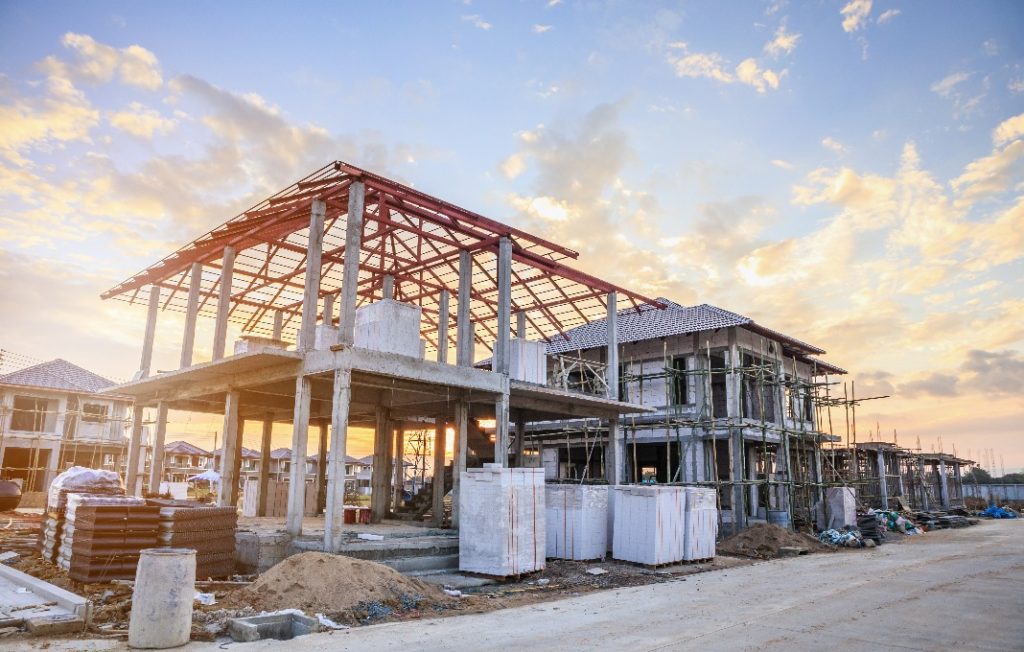
If your company is experiencing increased product demand, operational strains due to location or a change in leadership, you may be considering a business expansion. Access to new customers, additional revenue streams and economies of scale are all benefits of a business expansion. However, the process will present challenges.
Even though you might want to get started immediately, it’s essential to have a business development and expansion strategy. What is your goal? For example, do you need a central fulfillment center like the online pet retailer Chewy? Are you looking for a state with fewer taxes for your next factory, similar to Tesla? You can begin looking for a site once you’ve pinpointed your main reason for expanding.
As you work through your business expansion plan, you might come across other elements you need to guarantee success. Keep these four general criteria for selecting a business location in mind:
1. The prospective site should support workforce development. Even with the rise of remote work, your business expansion plan should factor in the prospective region’s talent pool. Some roles can be performed from anywhere, but you might need local employees who can commute to your new location during the workweek. Plus, about 68% of executives think employees should be in the office at least three days a week to maintain a strong company culture. If the town or city you move to has a strong talent pool, you’ll be able to find the workers you need to support your business expansion.
2. Real estate should meet your needs — and your budget. You might find a variety of “perfect” locations, but you’ll likely be limited by your business expansion budget. The key is to identify a site that checks your most important boxes. Are you hoping for a spot in Florida, for instance? Orlando might be too expensive, but smaller towns and cities can still get you close to where you want to be. To speed up the process, some states — such as Missouri and Ohio — offer certified site programs that make it easy for you to determine what a site has to offer.
3. Prepare to navigate local rules and regulations. You should make sure you understand the rules and regulations of any sites you’re considering. If you need support, local economic development professionals can help. These individuals will be there every step of the way to help you navigate your unique situation. For example, there could be an ordinance that affects your new factory because it produces a scent. Professionals can help you solve similar potential problems and alert you to available incentives once you’ve developed a business expansion plan.
4. The community should welcome your company. You might find the ideal location with zero conflicting regulations and a strong talent pool. However, not all environments want new business. If you’ll depend on members of the community to be your future customers, employees, and partners, then you might want to find another site. It’s possible to overcome community opposition, but you’ll have greater success with a location that welcomes you with open arms.
A business expansion is an exciting opportunity, but it should never be a hasty decision. Start with a firm business expansion strategy to identify potential new sites for your company, conducting a thorough business location analysis to determine which locations are the best options for you. You’ll know you’ve found the right spot when it meets the criteria mentioned above.







